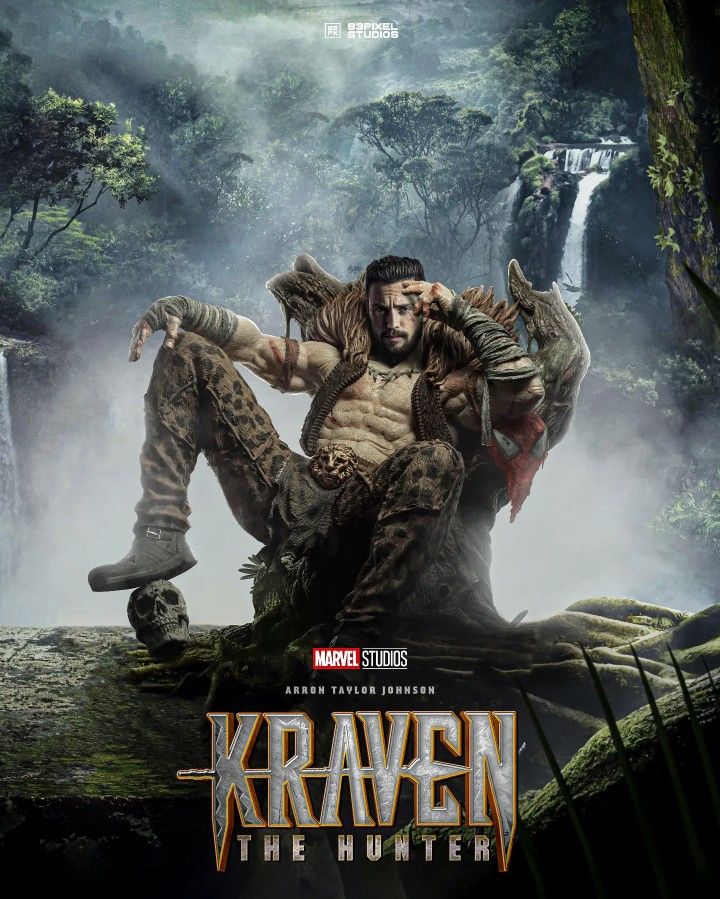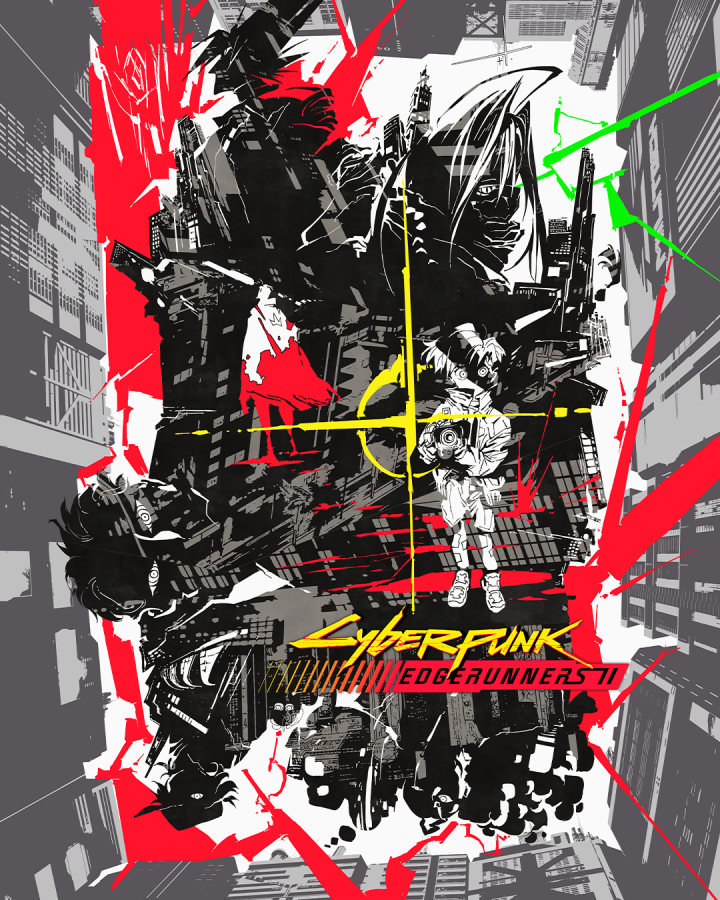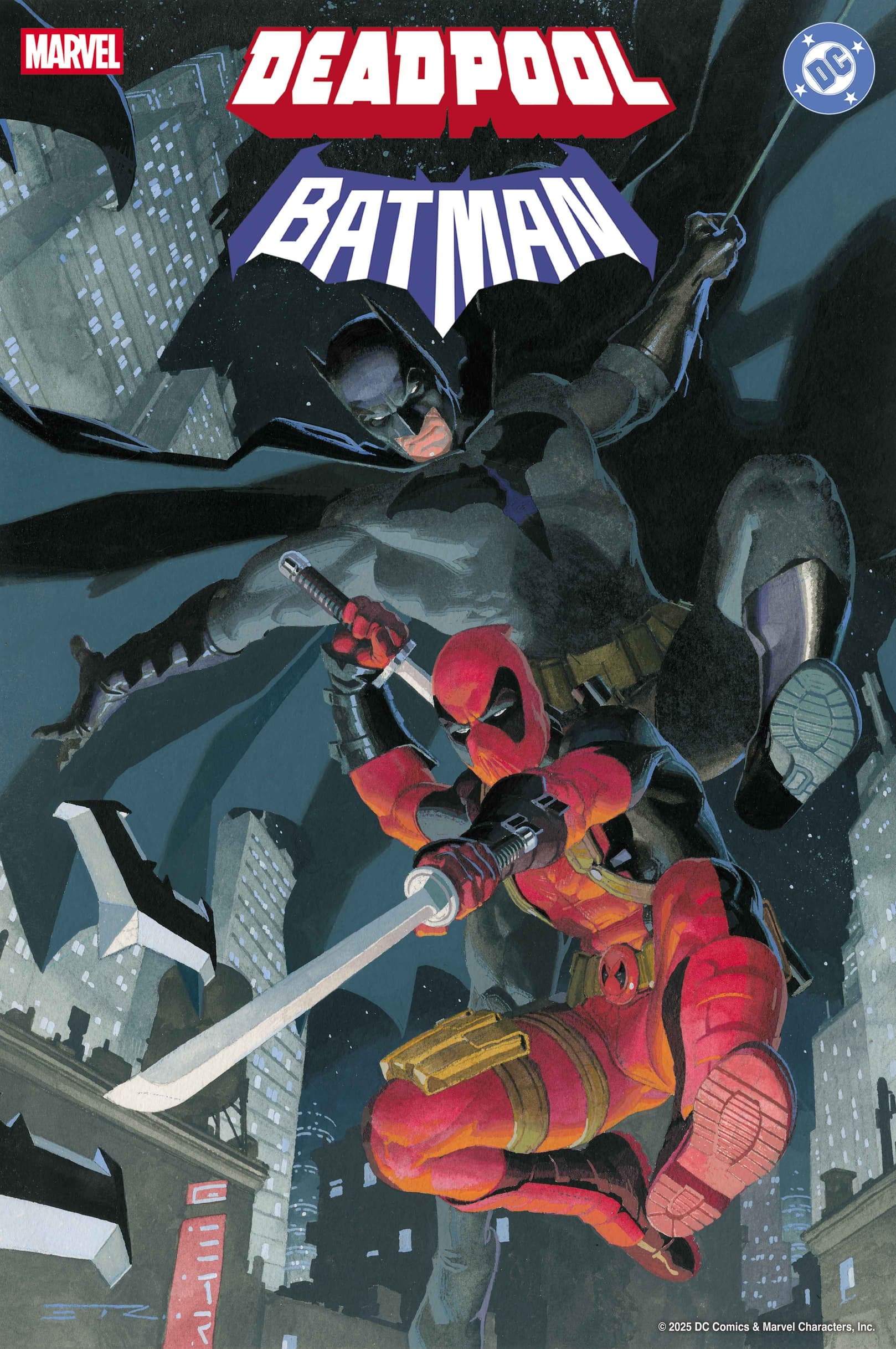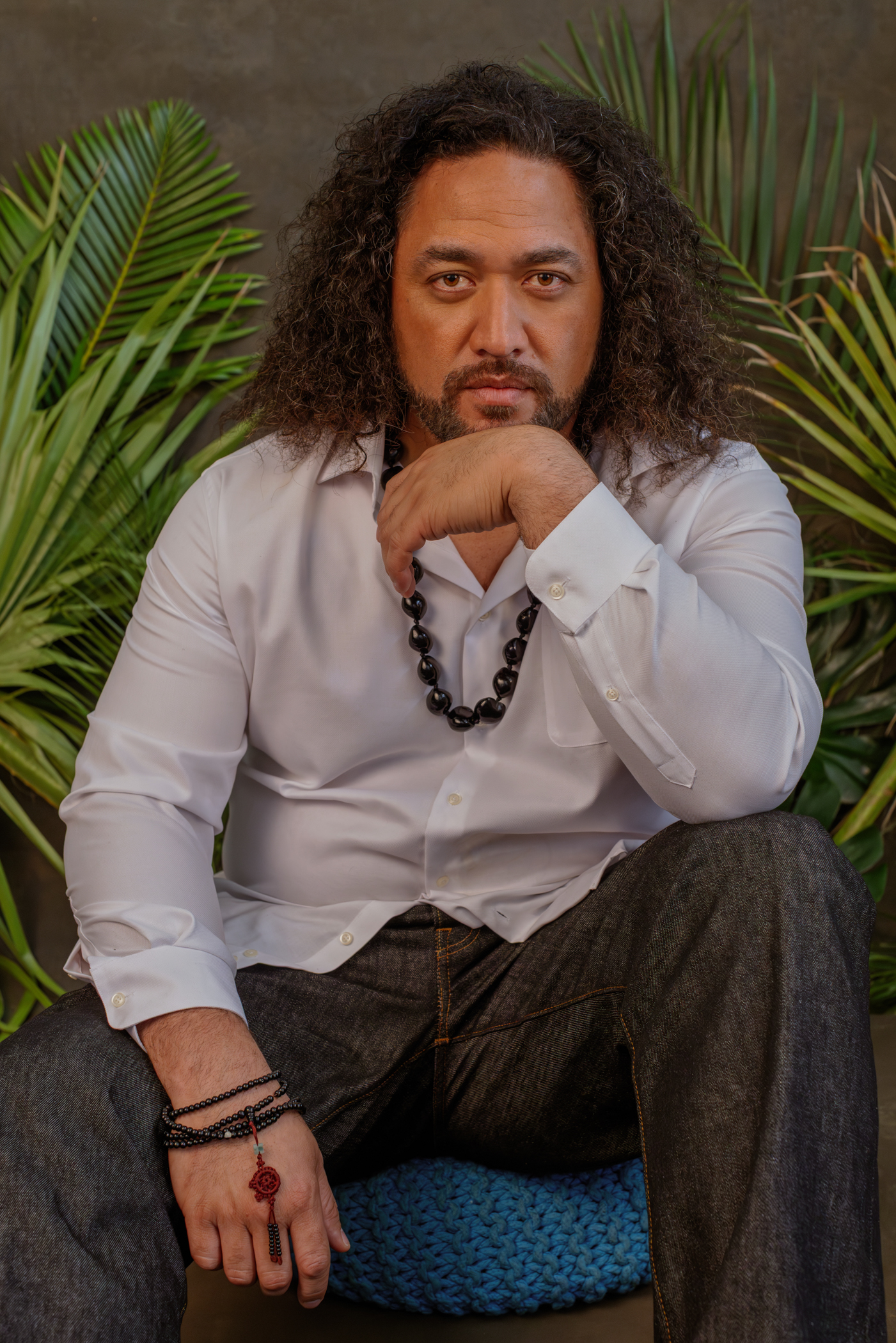
Chief of War and Beyond: Siua Ikale’o’s Journey Through Truth
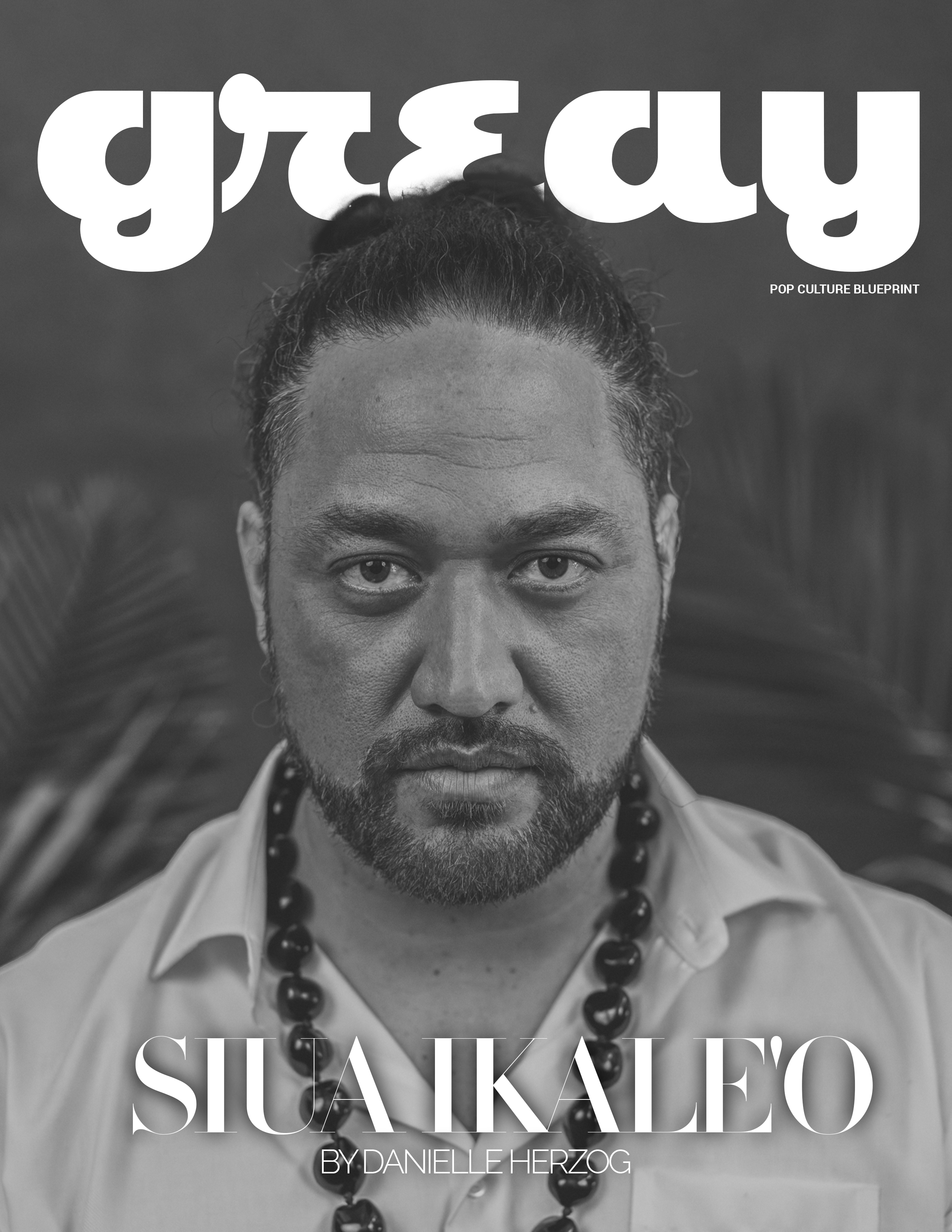
From church skits in Tonga to the sweeping landscapes of Apple TV+’s Chief of War, Siua Ikale’o has built a career on truth, reverence, and the fearless pursuit of storytelling. Whether reflecting on his defining early moment in “The Jacket” or honoring the cultural weight of Hawaiian history, Ikale’o grounds his craft in faith and authenticity. His towering presence may be the first thing audiences notice, but it’s his quiet strength, layered vulnerability, and commitment to honoring the people and stories he represents that make him unforgettable. With momentum building through Chief of War and beyond, Ikale’o is carving a space where representation, artistry, and heart collide.
1. You’ve spoken about “The Jacket” skit as a defining early moment in your career — do you still carry lessons from that performance into how you approach roles today?
Every time I talk about this moment, it serves as a reminder about two things: whenever I doubt myself, I should make sure that I care about what I am doing, and be honest with my reason or purpose. As a person of faith myself, the message that I fail to practice constantly but I still work on, is that of grounding oneself in what centers me. “The Jacket” was a Christian skit about how pursuing happiness through success, desires, habits, etc., but without faith in Christ can lead to emptiness.
2. Being raised in Tonga after being born in the U.S. must have given you a unique cultural perspective. How does that duality shape your identity as an actor and the kinds of stories you want to tell?
Of course, I suppose I have fond memories from my upbringing that I believe would make great stories. As far as how it shaped my identity as an actor, it made me as a person have an appreciation for different cultures and I would do my best to find our similarities before appreciating our differences and uniqueness.
3. You’ve gone from church dramas and student films to NCIS: Hawaii and now Chief of War. Looking back, what was the moment you truly felt you belonged in this industry?
I’m not sure about belonging in the industry, but I’m here to do the work that I enjoy. Did I feel like I deserved and earned the roles that I’ve gotten? Absolutely!
4. Your imposing height and physical presence are often mentioned, but what do you feel is your most underrated strength as a performer?
My dance moves… haha… I’m just kidding, I have none at this stage. As cliché as this sounds, I believe that the most underrated strength for any performer is just being themselves. I constantly have to remind myself that I am enough.
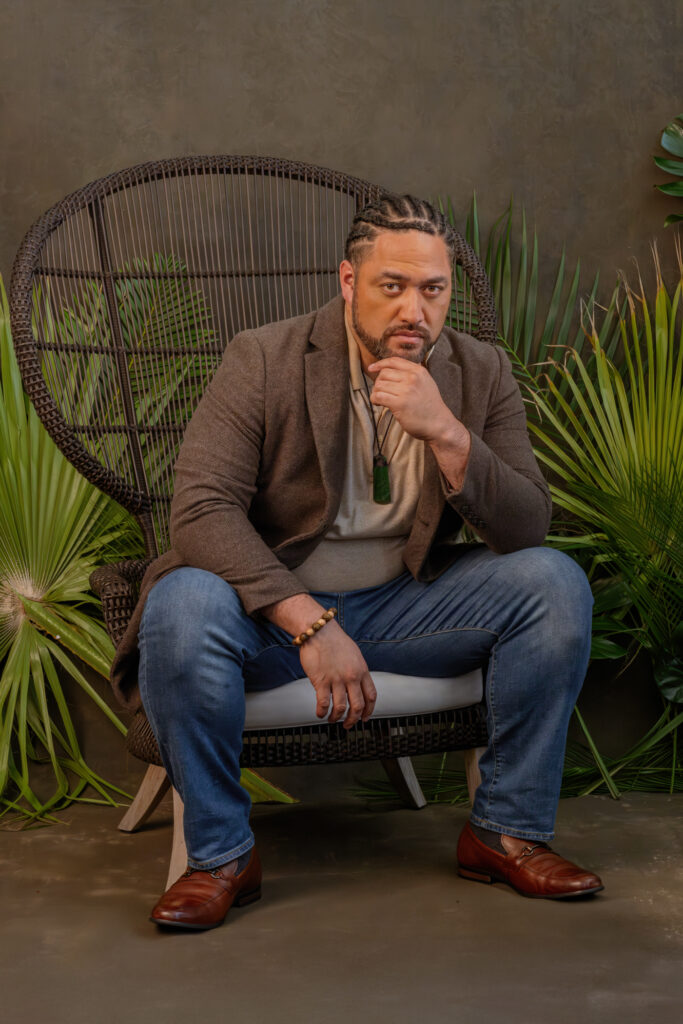
5. As Chief of War, you worked closely with Jason Momoa and Te Kohe Tuhaka. How did that brotherhood off-camera influence the authenticity of your on-screen family dynamic?
Very much. I recall before filming Jason had invited Te Kohe and I to where he was staying and the three of us went down to the beach, no cameras, no entourage, just us. Then we had some awa/kava and ate dinner with his family. That was special. Other times we’d hang out there were others around, but that was the moment for me. Some would say that the more time you spend with someone the more you pick up each other’s nuances. As far as the believability of what we brought to the screen, we hardly had to work to make it authentic — we just were brothers.
6. You’ve mentioned the importance of reverence and even fear when approaching your craft. How do you personally channel those emotions into preparation without letting them overwhelm you?
Reverential fear is a necessity among other traits to have if you are to master something. Like I had mentioned before, you have to care about what you are doing. If your craft is done with a glass half-empty approach, the audience will see it, for they are keen observers of performances that are not genuine and not respectful, and they will let you know. In this case with the Chief of War series, our most critical audience members will be and are the Hawaiian people. So being respectful to this craft and having a bit of fear was motivation for us actors to honor the Hawaiian people, their ʻŌlelo Hawaiʻi and their moʻolelo — their story.
7. Watching Jason Momoa balance acting, writing, producing, and directing must have been eye-opening. Did observing his process inspire you to think beyond acting — maybe into directing or producing one day?
It was quite impressive, because let’s not forget he is still a person dealing with life while staying sharp for all of the aforementioned roles he played on Chief of War. While my sole focus on the show was just on acting, he definitely showed us that it can be done. So who knows — if it is in the cards for me and the right material, if the right time and place comes. We’ll “Siua” happens, pun intended. Ha!
8. Nahi is described as a “deep feeling guy.” What parts of your own personality or life experiences did you pull from to bring that depth to the role?
So many actually, I brought a lot of my personality to Nahi, but then Nahi was his own person. The few things that we differ in were, one, I am more reserved and non-confrontational, but when Nahi speaks he is just blunt and I envy that. Nahi never smiles for some reason, haha, and then there is the running joke about whether he hates kids or not. But mostly, buried fierceness, the softness, the loyalty, the understanding, the protectiveness — those were things I could really connect with.
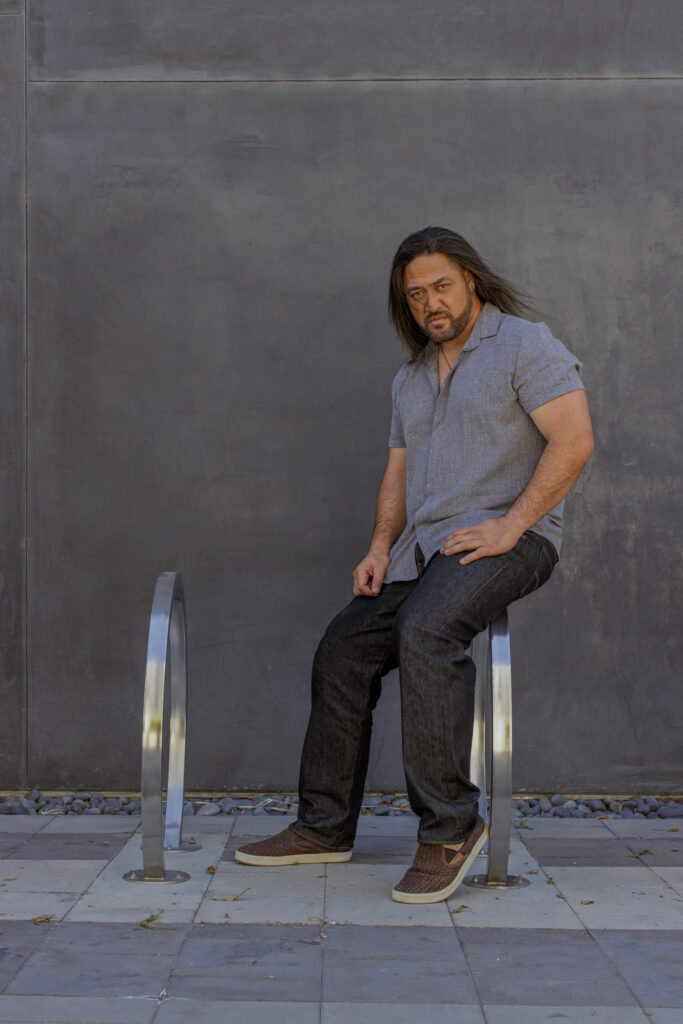
9. Beyond Polynesian representation, you’ve expressed interest in comedy, sci-fi, and family-friendly projects. If you could design your dream role outside of Chief of War, what would it look like?
I understand that my stature can fall under a certain stereotype as a big man, but it would be great to be a part of something that a whole family can watch. One of my favorite childhood memories were of our household full of relatives — all my aunties, uncles, cousins, etc. — just enjoying a good family movie, and I would like to be in something like that for families now.
10. With Nemesis coming up and momentum building around your career, how do you hope audiences will see you five years from now — as a Polynesian voice in Hollywood, as a versatile actor, or perhaps both?
I hope that I can be somebody that audiences can trust will bring a truthful performance.
For Ikale’o, acting isn’t about fitting into Hollywood’s mold — it’s about approaching each role with honesty, reverence, and care. Whether in a church skit, a blockbuster series, or a dream family film yet to be written, his performances carry a sincerity rooted in culture and faith. As he steps forward into Nemesis and beyond, Ikale’o represents not only the rise of a new leading man but also the promise of storytelling that bridges heritage, heart, and humanity.
Photography Danielle Herzog @itsdanielleherzog
Grooming Myrlen Monge @myrlenmonge
Produced Kyree L. Frazier @firstsight.Intl
Words Kyra Greene @noteasybingreen


